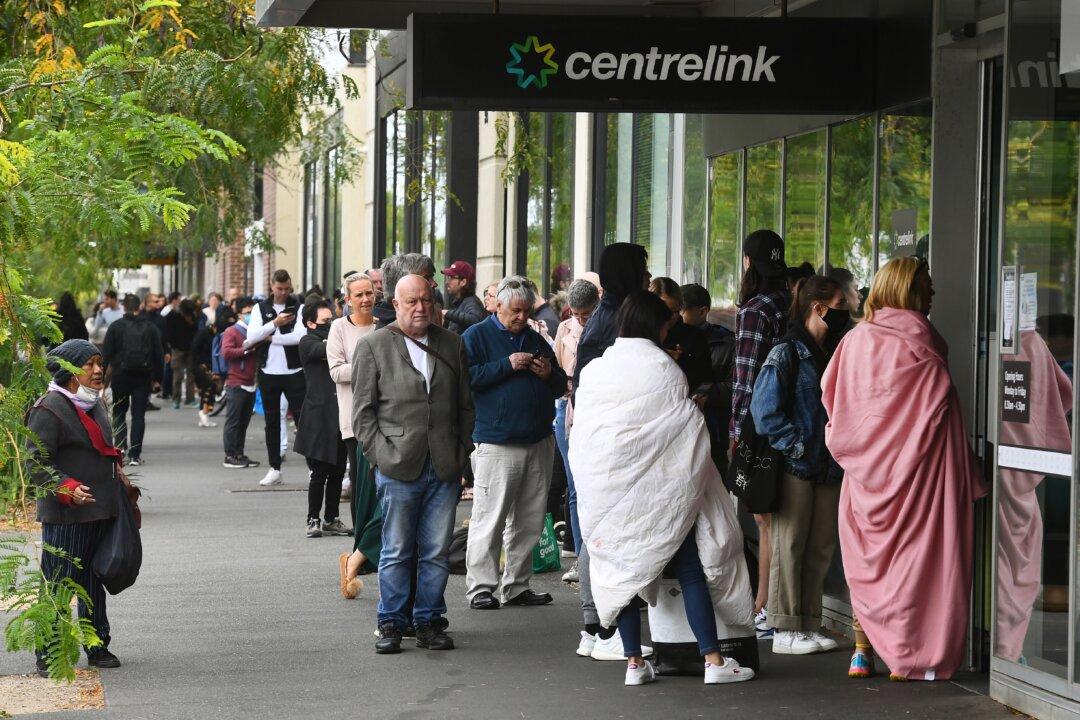Prominent economist Chris Richardson has called on the Australian government to extend “JobKeeper” beyond September, proposing a revamped version of the subsidy called “JobTweaker” that will target a narrower selection of businesses.
Richardson, who is from Deloitte Access Economics, believes government support will be needed into the future, as the country recovers from the worst economic downturn since the Great Depression.





